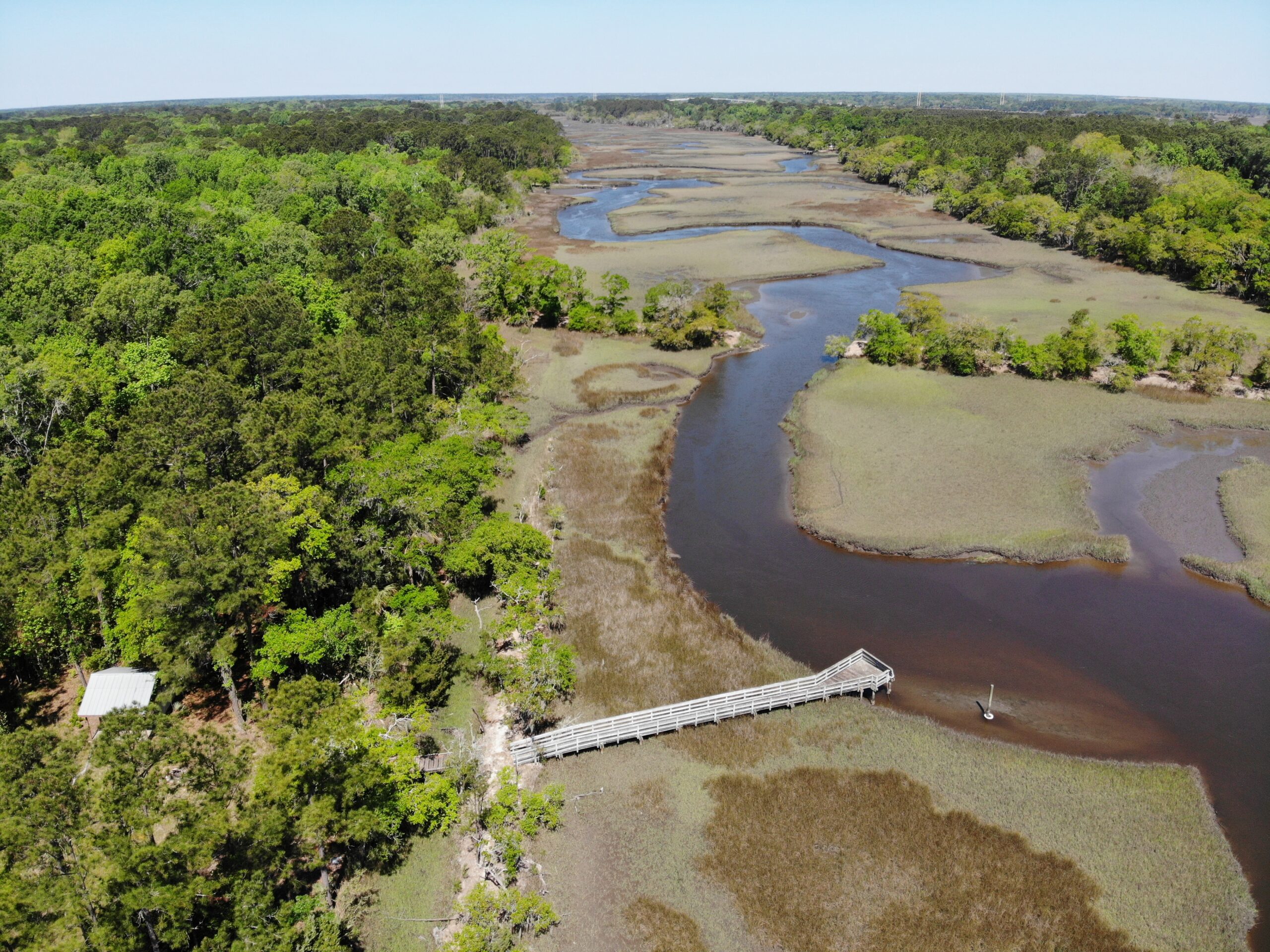The Lowcountry of South Carolina is known for its historic buildings, renowned landscapes, and delicious food. But did you know that farmland also plays a vital role in fueling the region’s economy?
A vibrant and resilient Lowcountry depends on a solid economy, a thoughtfully developed and appropriately scaled environment, and robust natural resources. These distinct yet complimentary components must be seamlessly integrated to embody a functioning community. Protected land and conservation-focused traditional agricultural production practices, in particular, generate revenue, provide jobs, support a wide range of businesses and industries, and benefit the environment.
Farmland fuels revenue generation
The South Carolina Department of Agriculture estimates that agriculture contributes $24.7 billion annually to the South Carolina economy. The Lowcountry is home to some of the most productive agricultural land in the state. According to a 2023 study by the American Farmland Trust, agriculture contributes over $2 billion annually to the Lowcountry economy, making it the region’s largest industry. Despite this, we are losing an estimated 200 acres per day of agricultural and forested lands.
Farmland fuels jobs
Farmland also supports over 20,000 jobs in the region alone. State-wide, agriculture is South Carolina’s most prominent private industry, supporting over 190,000 jobs, according to the South Carolina Department of Agriculture. Farmers, farmworkers, and other agricultural workers are vital in fueling the region’s economy.
Farmland fuels the region’s environment
In addition to its economic benefits, agricultural land also plays a vital role in enhancing the Lowcountry’s environment. Sustainably managed farmland helps to filter water, improve air quality, prevent soil erosion, and support wildlife habitat. Farmland also provides area residents with scenic vistas and opportunities for outdoor recreation. Farmland helps to preserve the Lowcountry’s rural character. When farmland is kept in production, it helps to prevent the development of sprawl and sustains the region’s natural beauty.
How to support farmland in the Lowcountry
Farmland is under threat in the Lowcountry, with South Carolina ranking in the top 10 of states with threatened agricultural land related to urban sprawl. Development pressure is increasing, and many farmers struggle to make a living. Concurrently, our economy relies heavily on protecting traditional Lowcountry landscapes for food production.
Lowcountry Land Trust is committed to protecting farmland in the region. The Land Trust works with farmers and landowners to conserve farmland through various means, including easements, fee-simple acquisition, and agricultural leases. Our 2023-2025 Strategic Plan highlights how we will restore our own proper, Thornhill Farm, to fully active operations to serve as an ambassador site for agrarian conservation and a model of a land trust connecting community members to local agriculture and with each other.
Currently managed by Chucktown Acres using a regenerative agriculture model, Thornhill Farm is 93.96 acres and is located east of Highway 17 North in McClellanville. The farm contains a seven-acre lake and approximately 22 acres of wooded area. The remaining 65 acres are agricultural fields. Thornhill Farm was a bargain sale purchase in 2014 by the ECLT Foundation (an East Cooper Land Trust-related entity, now Lowcountry Land Trust) using funds from the Charleston County Greenbelt Program and the South Carolina Conservation Bank. Lowcountry Land Trust holds a conservation easement on the entire farm.
There are also several ways you can support Lowcountry farmland, including:
- Buy local food: When you buy local food, you are supporting Lowcountry farmers and helping to keep farmland in production. Farmers markets are a popular way for Lowcountry residents to purchase fresh, local produce and provide a place for farmers to sell their products directly to consumers. Visit Chucktown Acres’ farm store at Thornhill Farm to buy local produce, meat, eggs, and pantry essentials.
- Donate to a land trust: land trusts work to protect farmland by purchasing it or holding conservation easements placed on the property. This ensures that the land will be reserved for agricultural use in perpetuity. Lowcountry Land Trust’s 2023 Giving Tuesday campaign will support our work to create a long-term vision for Thornhill Farm as a model for regenerative agriculture and the conservation of farmland throughout the region.
- Volunteer on a farm: There are many ways to volunteer with a farm, such as helping to harvest crops or weed fields. Volunteering is a great way to learn about agriculture and support Lowcountry farmers. You can also volunteer at urban farms and community gardens by connecting with our partners at Green Heart Project and Charleston Parks Conservancy.
By supporting Lowcountry farmland, you are helping to fuel the region’s economy. Without conserved farmland, we would lose what makes the Lowcountry thrive.
Sources
American Farmland Trust, “Farmland Protection: A Win for the Economy and the Environment” (2023)
South Carolina Department of Agriculture, “South Carolina Agriculture: An Economic Impact Analysis” (2023)





